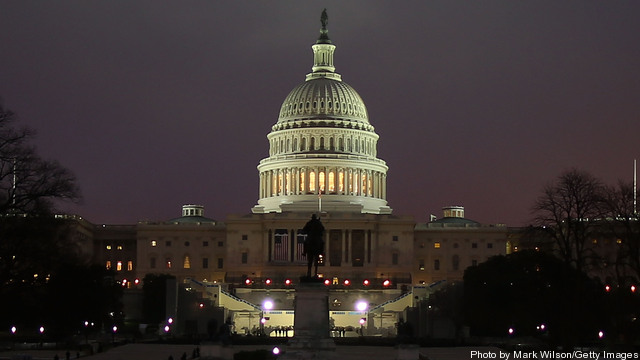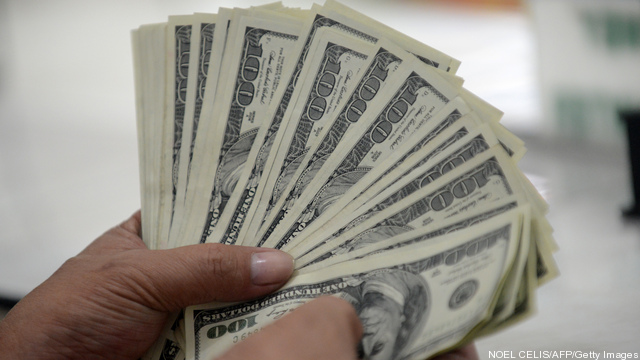
Once upon a time it was believed that an excess of regulatory oversight would prove itself to be justified. Such a belief was short lived. In the case of the Dodd-Frank Act, it’s not only the regulation that’s complex; it is the uncertainty of if, how and when it applies.
The Dodd-Frank Act was signed into federal law in 2010, and it brought about game-changing modifications to financial legislation in over fifty years. Some of the biggest challenges are based on the requisite interpretation of over 1,000 new pages of law. Keep reading →






